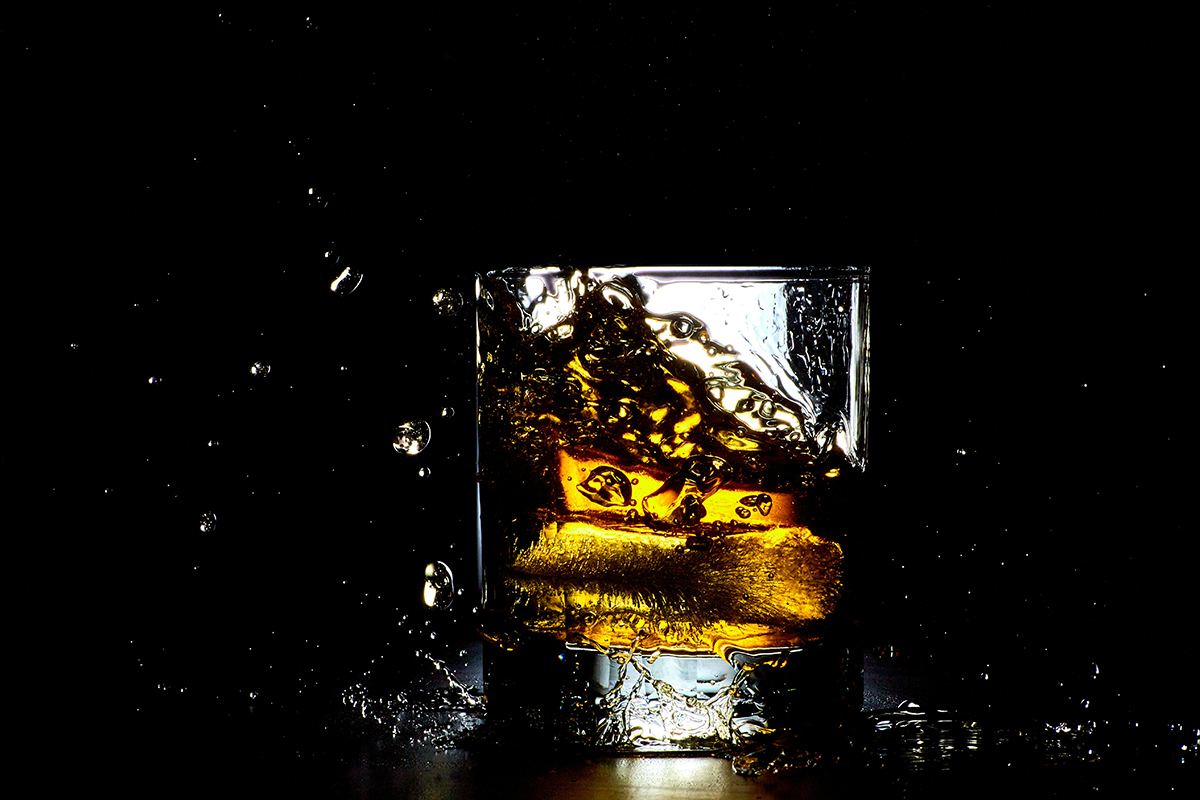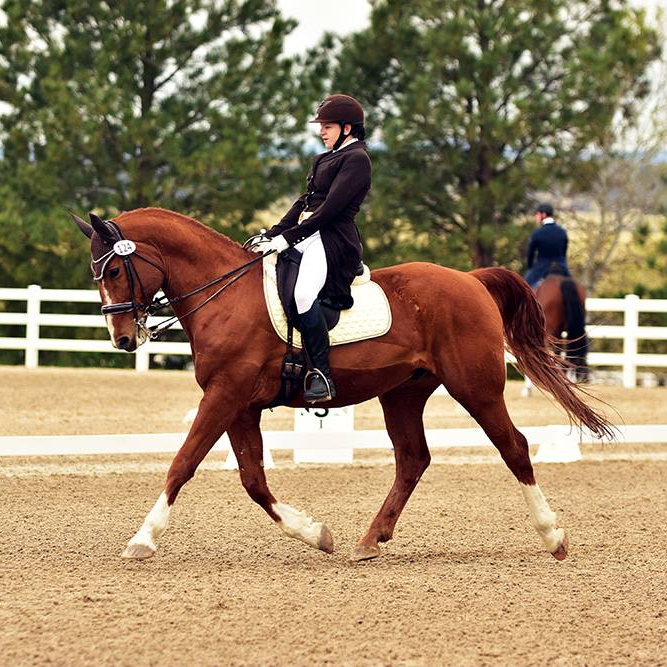While it may have a touch of the “Wild West” vibe, the coexistence of horses and alcohol in a shared location isn’t uncommon. If you’ve ever pondered the potential outcomes or heard whispers of individuals facing DUI charges for riding horseback under the influence, you might be interested in understanding the legal specifics.
Colorado’s DUI laws are typically designed for individuals operating motor vehicles, and these laws explicitly outline what qualifies as a vehicle and what doesn’t.
What is a Motor Vehicle
Under the state law’s perspective, a “vehicle” is defined as something capable of self-movement or movement using wheels or endless tracks. However, this definition excludes horses and other animals people ride.
Since the law exclusively pertains to vehicles, whether motorized or not, riding horseback under the influence is not covered. Interestingly, bicycles, e-bikes, and e-scooters are classified as vehicles, making them subject to DUI laws.
So What Does It Mean If You Ride and Drink?
Yet, don’t assume you’re in the clear if you decide to indulge and take your horse for a ride alongside a highway. If caught riding an animal on a highway typically used by motor vehicles while under the influence, you could be slapped with a maximum fine of $100. This offense falls under a class B traffic infraction, the least severe penalty for a traffic offense, akin to being caught walking on a highway under the influence.
While this might seem like an unusual law, Colorado statute (C.R.S. 42-4-805) explicitly deems it unlawful for anyone under the influence of alcohol or controlled substances to be on any portion of a highway normally used by moving motor traffic, including riders of animals. Violating this law results in a class B traffic infraction, not a DUI, with a potential small fine imposed.
We recommend going the safe route and just not combining the two if you are going to be on public property.






Leave a Reply
You must be logged in to post a comment.